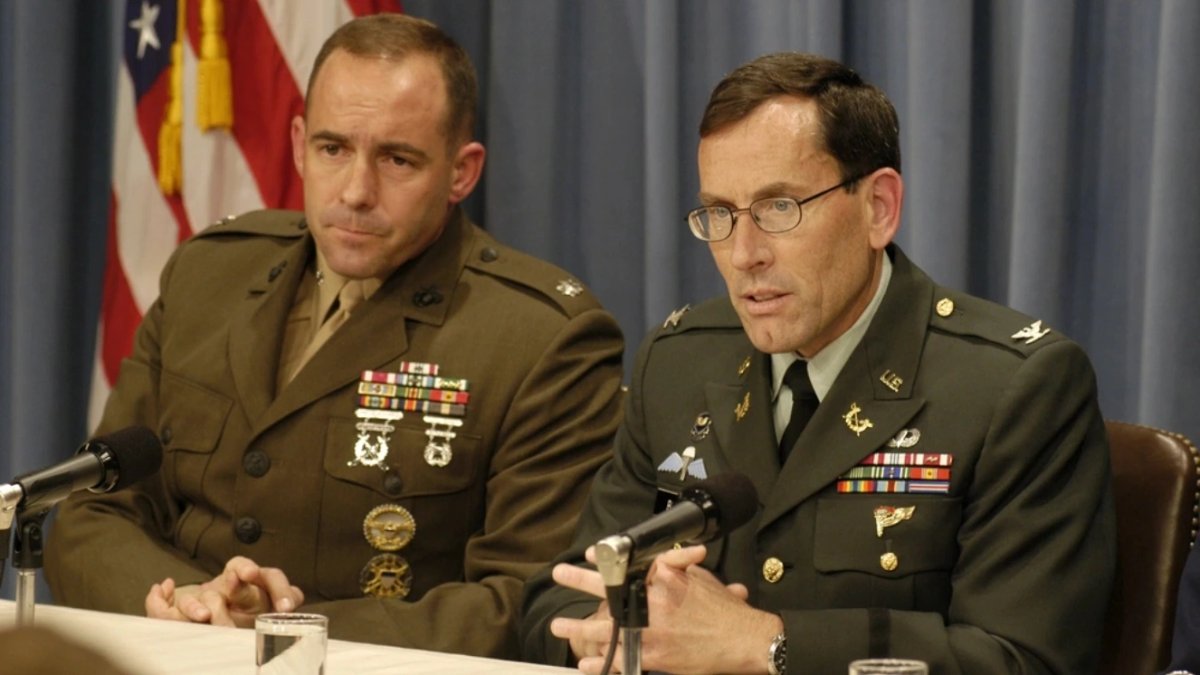PENTAGON REASSIGNS 600 JAG OFFICERS TO IMMIGRATION COURTS

Defense Secretary Pete Hegseth has approved sending up to 600 military attorneys—Judge Advocate General (JAG) officers—to the Justice Department. Their mission: serve as temporary immigration judges and help with a backlog of around 3.4 million cases.
The Pentagon confirmed the lawyers will be deployed in waves of 150, with the first group to begin as soon as this fall. According to the memo released on August 27, the military should have the first round of people identified by next week.
Assignments will last up to 179 days, though extensions are possible. The order follows an emergency Justice Department request after more than 100 immigration judges were fired or resigned in recent months.

600 JAG Officers Assigned to Immigration Courts
For most troops and veterans, the JAG isn’t just a lawyer—it’s the person ensuring command decisions follow the law, troops’ rights are protected, and court-martials are fair.
Now, those same attorneys are being reassigned to preside over asylum claims, deportation hearings, and immigration appeals—roles they have not traditionally trained for. Critics warn that the learning curve is steep, as immigration law is dense, technical, and emotionally charged.
Additionally, JAGs find themselves at risk of experiencing career disruptions, family strain, and increased stress levels.
Career Disruption: JAGs in mid-career may find their military trajectory put on hold. Command billets, training slots, and legal casework at home stations may sit in limbo.
Family Strain: Moves or long-term temporary duty could mean uprooting children from schools, disrupting spousal employment, and straining household stability.
Stress and Morale: Immigration hearings often involve life-or-death consequences for petitioners. Serving as judges in these cases could weigh heavily on officers accustomed to military law, not immigration court.
For reserve JAGs, the ripple is even sharper. Civilian employers may suddenly lose key staff members pulled into federal service.
Impact on Military Personnel: Reassignment of JAG Officers
This decision doesn't just impact the 600 lawyers mentioned above, but also reverberates across the force.
On the Ground
Commanders may suddenly lack legal counsel for courts-martial, disciplinary hearings, or operational law.
Additionally, training, ethics briefings, and deployment clearances could face delays.
Across Units
With legal manning shortfalls, the burden falls on fewer attorneys to cover the same volume of work.
That strain risks burnout and mistakes in an area where precision matters.
For Reservists and Families
Civilian workplaces and military households alike will feel the disruption.
A JAG pulled from home doesn’t just leave a desk empty—it leaves gaps in childcare, income balance, and community ties.
Pentagon Readiness Concerns: JAG Officer Reassignment
The Pentagon insists this plan will not compromise readiness. Yet, for those in uniform, the math feels different.
Reduced Legal Oversight: Fewer attorneys advising on rules of engagement or operational law may slow decision-making.
Training Gaps: Units preparing to deploy may lack critical legal briefings.
Retention Concerns: Pulling reservists from civilian life without warning could hurt long-term recruitment and morale.
Beyond logistics, there’s also the symbolic concern; shifting military lawyers into civilian judicial roles blurs the line between military and civil authority, a line that has long safeguarded both institutions.

Training Programs for JAG Officers in New Roles
If this move is to succeed without undermining military readiness, legal training is the key pressure point.
Crash Courses in Immigration Law
The Department of Justice is reportedly preparing accelerated programs to brief JAGs on asylum law, deportation procedures, and immigration appeals.
The challenge: compressing years of specialized experience into weeks of training.
Mentorship by Civilian Judges
Pairing JAGs with experienced immigration judges could provide real-time coaching and oversight, though staffing shortages may limit this option.
Simulation and Mock Hearings
Similar to pre-deployment legal exercises, JAGs could be run through courtroom simulations to practice adjudicating cases before stepping onto the bench.
Continuity Back Home
The Pentagon must ensure legal teams left behind are reinforced, possibly by surging reserve JAGs into gaps, to prevent readiness lapses.
Training may not erase all concerns, but without it, the risks of legal error, due process failures, and morale collapse multiply quickly.
Military Community Implications: JAG Officer Shift
For active-duty service members, this may feel like yet another layer of sacrifice demanded at a time when forces are already stretched.
Veterans may see echoes of past moments when the military shouldered domestic burdens beyond combat.
And civilians—especially families caught in immigration court backlogs—may welcome the relief but wonder at what cost to national security.
While sending 600 military lawyers to fill immigration judge seats may ease a short-term crisis in the courts, the deeper question remains: does solving one backlog risk creating another inside the U.S. military?
Suggested reads:
Join the Conversation
Natalie Oliverio
Veteran & Senior Contributor, Military News at MyBaseGuide
Natalie Oliverio is a Navy Veteran, journalist, and entrepreneur whose reporting brings clarity, compassion, and credibility to stories that matter most to military families. With more than 100 publis...
Natalie Oliverio is a Navy Veteran, journalist, and entrepreneur whose reporting brings clarity, compassion, and credibility to stories that matter most to military families. With more than 100 publis...
Credentials
- Navy Veteran
- 100+ published articles
- Veterati Mentor
Expertise
- Defense Policy
- Military News
- Veteran Affairs
SHARE:



